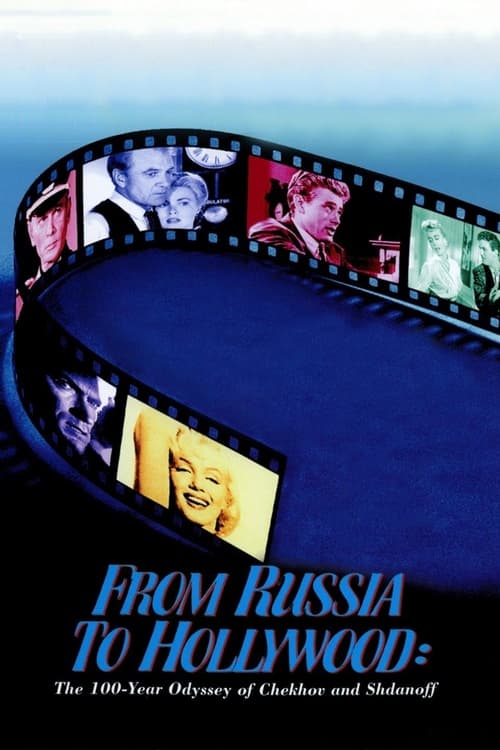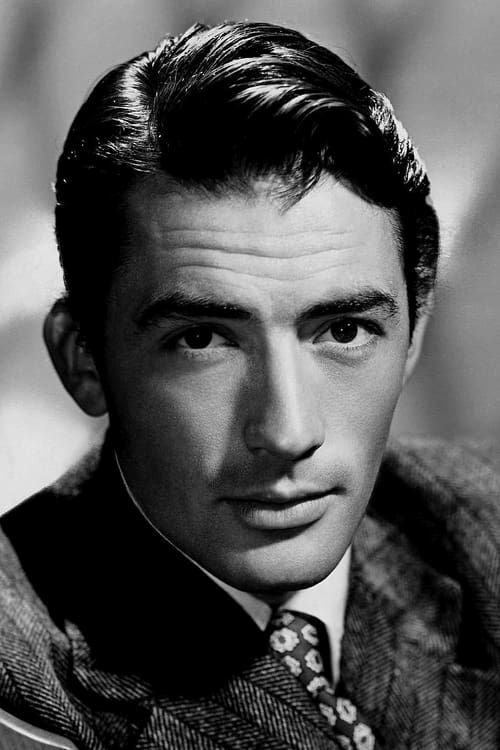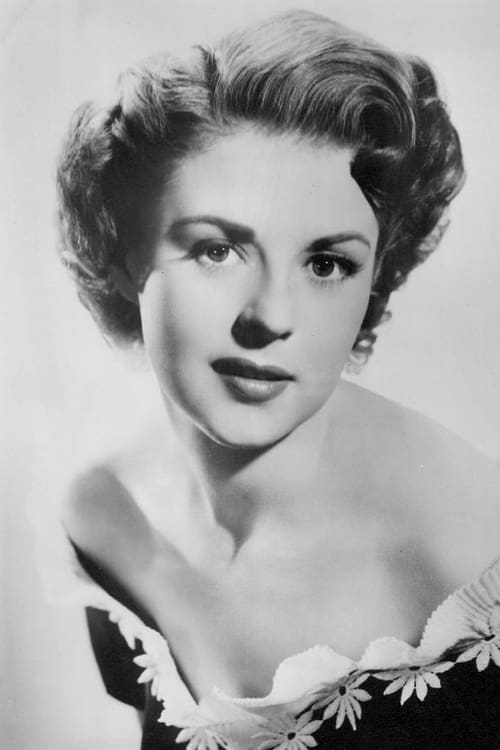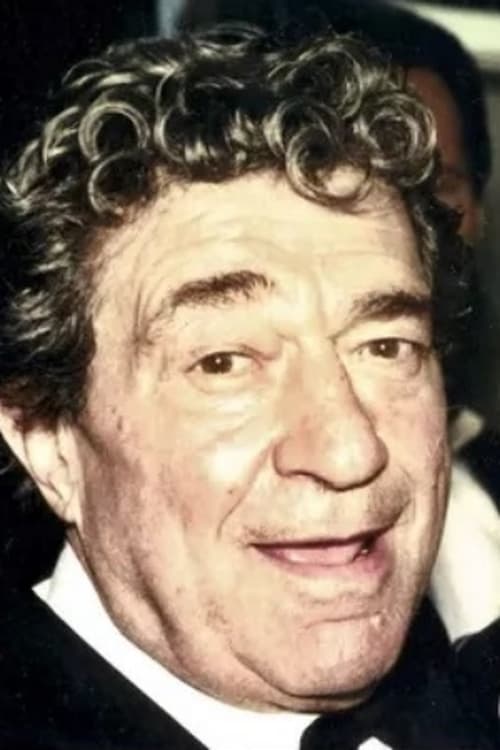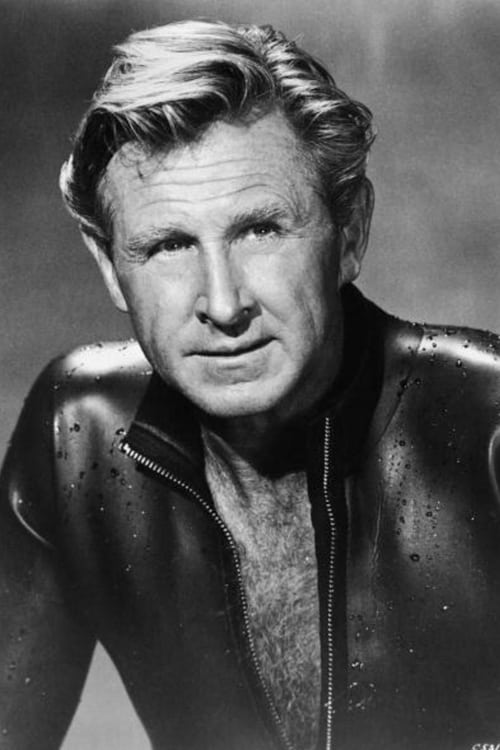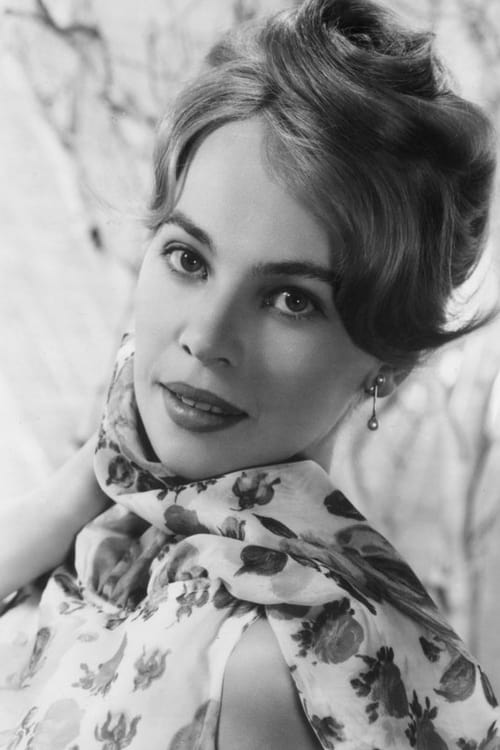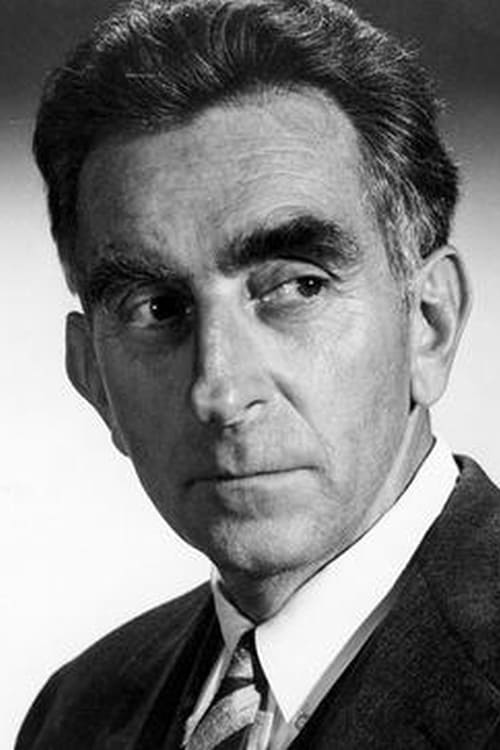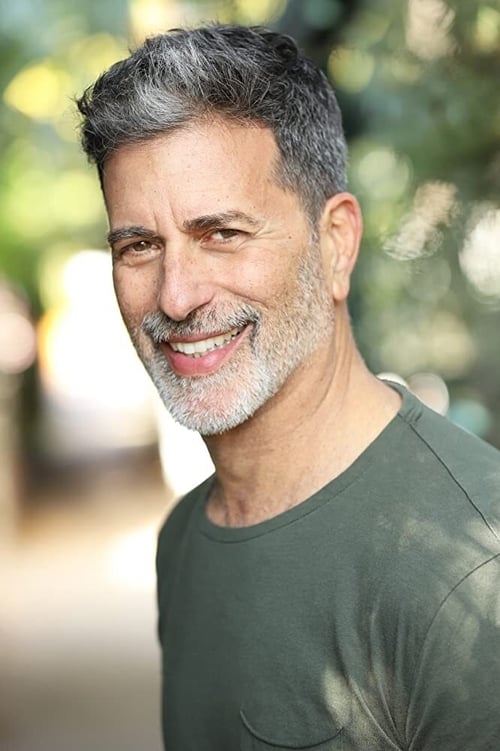From Russia to Hollywood: The 100-Year Odyssey of Chekhov and Shdanoff (2002)
A documentary focused on the life and career of Michael Chekhov.
Género : Documental
Tiempo de ejecución : 1H 5M
Director : Frederick Keeve
Sinopsis
From Czarist Russia's Moscow Art Theatre to Hollywood's biggest film, narrator Gregory Peck joins an A-list of Hollywood stars to take us through the odyssey of two Russian born Hollywood legends: The great acting teacher Michael Chekhov and the amazing director George Shdanoff.

This film is at once a self-portrait and an homage to Jean-Marie Straub, Farocki's role model and former teacher at the Film Academy.

Documentary about veteran character actor Dick Miller, whose career in and outside of Hollywood has spanned almost 200 films across six decades, featuring a diverse range of interviews with directors, co-stars, and contemporaries.
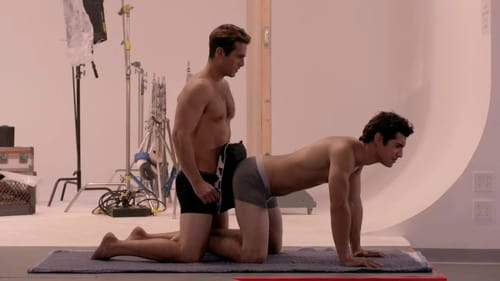
Two straight actors must rehearse for an impending gay love scene. How will they make out?
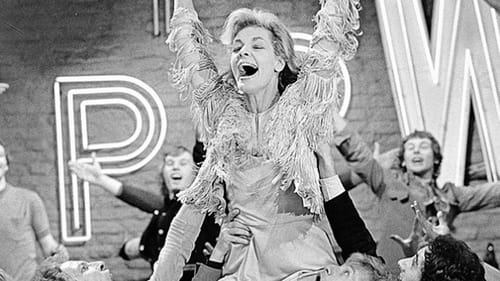
Applause is a musical with a book by Betty Comden and Adolph Green, lyrics by Lee Adams, and music by Charles Strouse. The musical is based on the 1950 film All About Eve and the short story on which the movie is based, Mary Orr's "The Wisdom of Eve". The story centers on aging star Margo Channing, who innocently takes a fledgling actress under her wing, unaware that the ruthless Eve is plotting to steal her career and her man. The musical opened on Broadway on March 30, 1970 and ran for 896 performances. It won the Tony Award for Best Musical, and Lauren Bacall won the Tony for Best Actress in a Musical. The musical was later adapted for television, starring Bacall, with Larry Hagman replacing Len Cariou in the role of Bill Sampson. It aired in the United States on CBS on March 19, 1973.

Three sequences which could have formed separate stories are linked together to give a larger perspective on the nature of reality and film. The three episodes are joined together by one film crew at work. In the beginning, the crew is introduced as they juggle their dual roles as State-supported propagandists who laud their government and society, and as private movie makers working on their own film. Next, they are in a restaurant looking for suitable locations to film when the eatery’s owner is induced to wax long and lugubriously on his miserable life. In the last segment, two extras are in the background of a scene, sitting at a table in a restaurant. It slowly becomes apparent to one of them that the man he’s sitting with tortured him more than 40 years ago at a Nazi concentration camp during World War II.
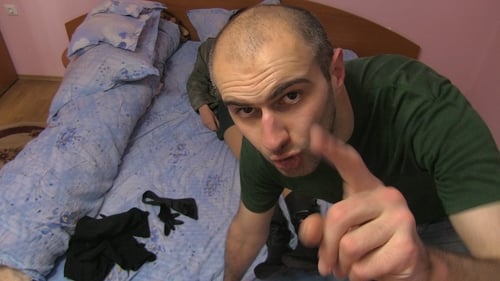
An aspiring filmmaker goes to shocking extremes to convince Hollywood actress Anne Hathaway to star in his film. First entry in Adrian Țofei's trilogy which includes We Put the World to Sleep and Pure.

Jason Momoa's story of fatherhood, craftsmanship, and the legacy he'll leave behind.

A young rising boxer is torn between choosing two women to be with in his life, a hooker and a TV star, both of whom join forces to make him be dependent on one forever.

The Stanislavski Method is a documentary that narrates the life of a young aspiring actor, Miguel Torres, who tells his story in this tough career by pieces which will reach the dichotomy between vigil and dream.

Nina Wu es una joven que abandona una pequeña compañía de teatro en el campo para marcharse a la gran ciudad, donde aspira a convertirse en una actriz. Sin embargo, las cosas no salen como ella espera, y la oportunidad que tanto busca nunca llega. Pronto, una depresión comienza a hacer mella en su carácter, hasta que por fin un día recibe una oferta para interpretar a una heroína de los años 70 en una película de espionaje. Nina decide entregarse en cuerpo y alma para tener éxito en su papel, algo que no sólo consigue, sino que además hace mella en su mentalidad. Antes de poder darse cuenta se ve obligada a enfrentarse a complejas decisiones relacionadas con su sexualidad, que le recuerdan una y otra vez de dónde procede.

Maria is an actress, someone who is used to playing with and acting on feelings, her own as well as others’. However, behind the role there is a disappointed person who does not feel she has achieved what she wanted in life. All this changes when she is cast for the leading role in a play.

Bank clerk John Hart is about to marry Mary Kelly, but she insists that before that happens he must grow a mustache. The idea of that shakes him up so much that he gets distracted at work, comes up short in his accounts and gets fired. Unable to find another job, he begins to work as an extra at a nearby film studio to earn money. One day the leading man of a picture John is working on gets into an argument with the director and storms off the set. Angered, the director sees John and, deciding that he'll show his arrogant star that he can make a movie idol out of just about anybody, picks John to replace him. As it turns out, John has a real talent for acting and before he knows it he becomes a star. Unfortunately, "stardom" isn't what John thought it would be.

Julio starts a new job at a small bookstore. Little prudent, he handles with both things as if he knew them from always. This will complicate his great project: to make an apocalyptic photo-roman.

A running feud between Star Trek actors Brent Spiner and Levar Burton is the basis for this TV comedy pilot.
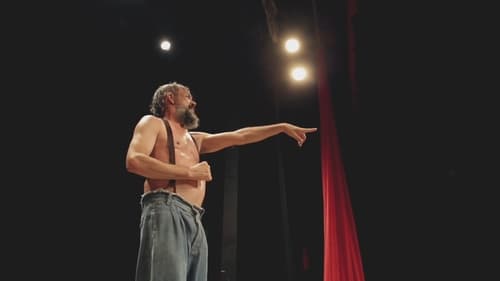
How Do You See Me? is a Brazilian documentary feature that entwines both experienced actors and beginners to explore the hardships and the happiness that are inherent to the job when detached from the glam and glitz of the gossip industry, creating a diverse and comprehensive mosaic of what it means to be an actor in Brazil, a country so full of contradictions. The film brings forward a reality that the masses usually don't get to know: the men and women moved by a deep passion for acting and touching people. With Julio Adrião, Matheus Nachtergaele, José Celso Martinez, Cássia Kis, Nanda Costa, Babu Santana, Luciano Vidigal and Letícia Sabatella, among others.

Providing behind the scenes footage of the director on set with clips from his own films, Martin Scorsese Directs depicts to riveting effect the way Scorsese brings the written story to life on the big screen. Additional interviews with the likes of Joe Pesci, Harvey Keitel, Thelma Schoonmaker, the director’s own parents, and others build a perception of Scorsese that not everybody knows.
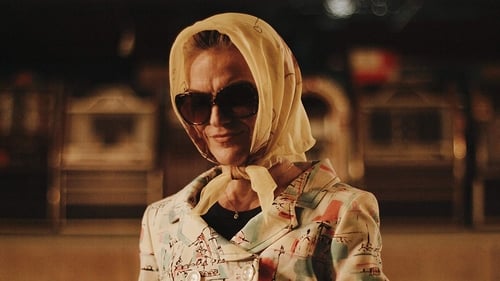
A mentally-disturbed aspiring actor returning to New York City discovers the world of social media and faces the horrifying power of the Internet.

In the township of Mphopomeni in the KwaZulu-Natal region of South Africa, Siyabonga, a young man, puts up theatre plays. When he hears about a movie that will be shot in a nearby town, he makes it his mission to be part of it. From conspiring with a maid to steal wifi from the “umlungus” (white people) so he can write an email to the film producers to using witchcraft, Siyabonga does all he can to improve his life and take control of his fortune. And after travelling many surprising roads, he’ll finally meet the film’s director. Siyabonga is born out of their encounter.
